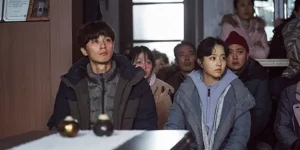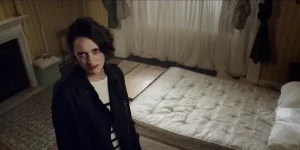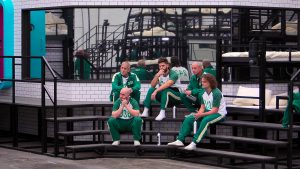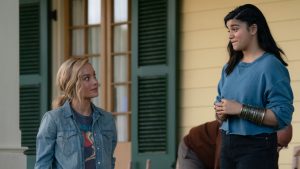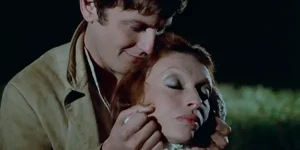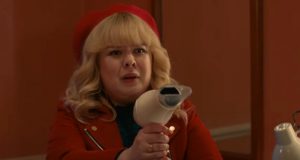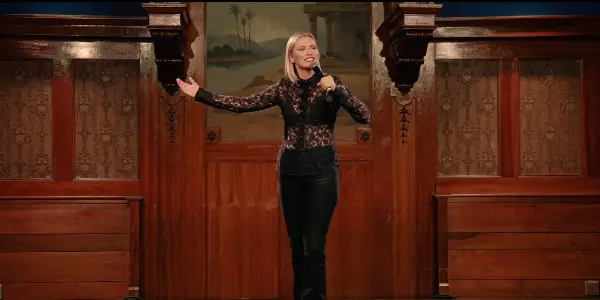
When Mo Welch steps on screen for her docu-special Dad Jokes, she exudes a mischievous smile, giving off the vibe of someone about to declare, “My name is Mo Welch, and this is Jackass.” The special unfolds as a blend of documentary and comedy, with a camera crew following Welch around Illinois as she prepares to meet her estranged father after two decades. Throughout the hour, we not only learn how she transitioned from farmland to the limelight but also why.
A Comedic Transformation
Dad Jokes is a unique mix of humor and real-life exploration, with Welch cracking jokes about her trauma in real-time. It’s a fascinating journey into turning personal pain into content, akin to modern true crime documentaries or TikTok “story time” videos that blend harsh truths with unexpected humor. Welch‘s ability to share her trauma while experiencing it is either genius or a testament to the resilience of her mind.
The special captures the essence of transforming trauma into content, much like true crime documentaries or story-driven TikToks that blend harsh truths with humor. Welch skillfully weaves her jokes into the fabric of her real-life experiences, making the audience laugh and reflect on the gravity of her journey.
The hybrid format allows viewers to hear Welch‘s jokes and witness the reality behind them almost simultaneously. This approach is particularly noteworthy in the current comedy discourse about stretching the truth for comedic effect. In Mo’s case, there’s no need to worry about authenticity – she tells her truth, backed by on-screen footage.
Throughout her journey, Welch often finds herself alone, mirroring the isolation she may have felt escaping her father and the inherent loneliness of being a woman, especially a gay woman, in comedy. This juxtaposition between solitude on the road and commanding attention on stage beautifully portrays the reality of many performers.
source: Veeps
One striking moment involves Welch picking up sports sunglasses at a gas station, and joking about political views. Later, her estranged father appears wearing the same sunglasses, revealing the depth of their estrangement. These subtle connections showcase Welch‘s storytelling finesse.
In the final scenes, Welch, armed with a stack of pink index cards, awaits her father’s arrival. The cards, seemingly innocent prop, symbolize her stolen adolescence and the impact it had on her adulthood. The special builds anticipation for the moment Welch confronts her father, and the unexpected question she asks adds a layer of humor and irony.
While viewers might have expected a profound confrontation, Welch‘s question about her father’s celebrity crush surprises with its lightness. This playful twist challenges our expectations, reminding us that life, even in the face of trauma, can still be filled with moments of levity.
Conclusion
Dad Jokes serves as Welch‘s origin story, focusing on her early comedy centered around her father. The special, while delving into her painful past, hints at a new era of material. As Welch evolves as a comic, the experiment with her father becomes a stepping stone for fresh perspectives, perhaps paving the way for a follow-up special like “Mom Jokes.”
In the end, Dad Jokes leaves us excited for Welch‘s future in comedy, curious about the inspirations she’ll draw from raising her child and the potential for a new chapter in her comedic journey.
Does content like this matter to you?
Become a Member and support film journalism. Unlock access to all of Film Inquiry`s great articles. Join a community of like-minded readers who are passionate about cinema – get access to our private members Network, give back to independent filmmakers, and more.
